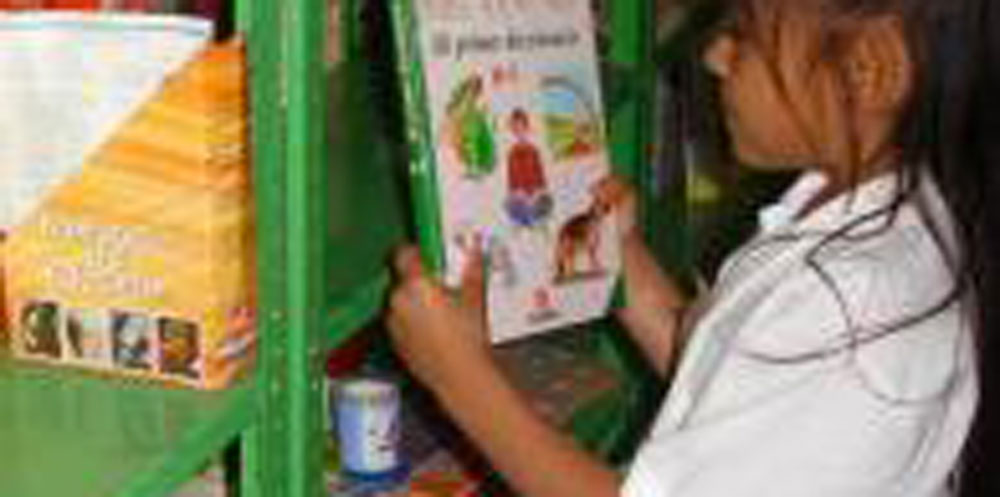
About the Project
This project is one of the 2009 WISE Awards winners.
Initiated in 1975 in rural Colombia, Escuela Nueva – “New School” in Spanish – is a learning model set up in response to problems of education, incomplete schooling, high dropout rates, high repetition, weak school-community relationships, low teacher morale, ineffective teacher training and the lack of children’s learning materials. Since then, it has been adapted to urban and migrant populations and adopted by 14 countries, reaching over 5 million children.
Context and Issue
Children in rural areas of Colombia are facing several problems in education. Many lack the opportunity to go to school, and if they ever have, the quality of education is lower than it is in urban areas. Classes are mostly composed of a wide range of ages in multi-grade schools. Emphasis is typically placed on lecture-like learning, with little relation to daily life in rural areas. Such a model contributes to a continuous cycle of poverty and to wider social inequity in addition to incomplete schooling, high dropout rates and high repetition.
Solution and Impact
Modules allow students to advance at their own pace. Children use learning corners with local materials, a small classroom library and are organized in school governments with committees and instruments promoting participation. This has proved an excellent way of handling diversity in age, grade, gender, and culture. Teacher training is experiential and teachers modify their role from transmitters of facts to facilitators and advisers of children. They support each other and promote positive attitudinal change through learning circles and local networks.
Future Developments
Escuela Nueva’s boldly original approach has enormous potential for implementation worldwide, within various educational levels and for addressing rural, urban and migrant populations’ needs. Its collaborative learning approach unlocks entrepreneurial skills and attitudes and strengthens life skills, curriculum and learning materials.


